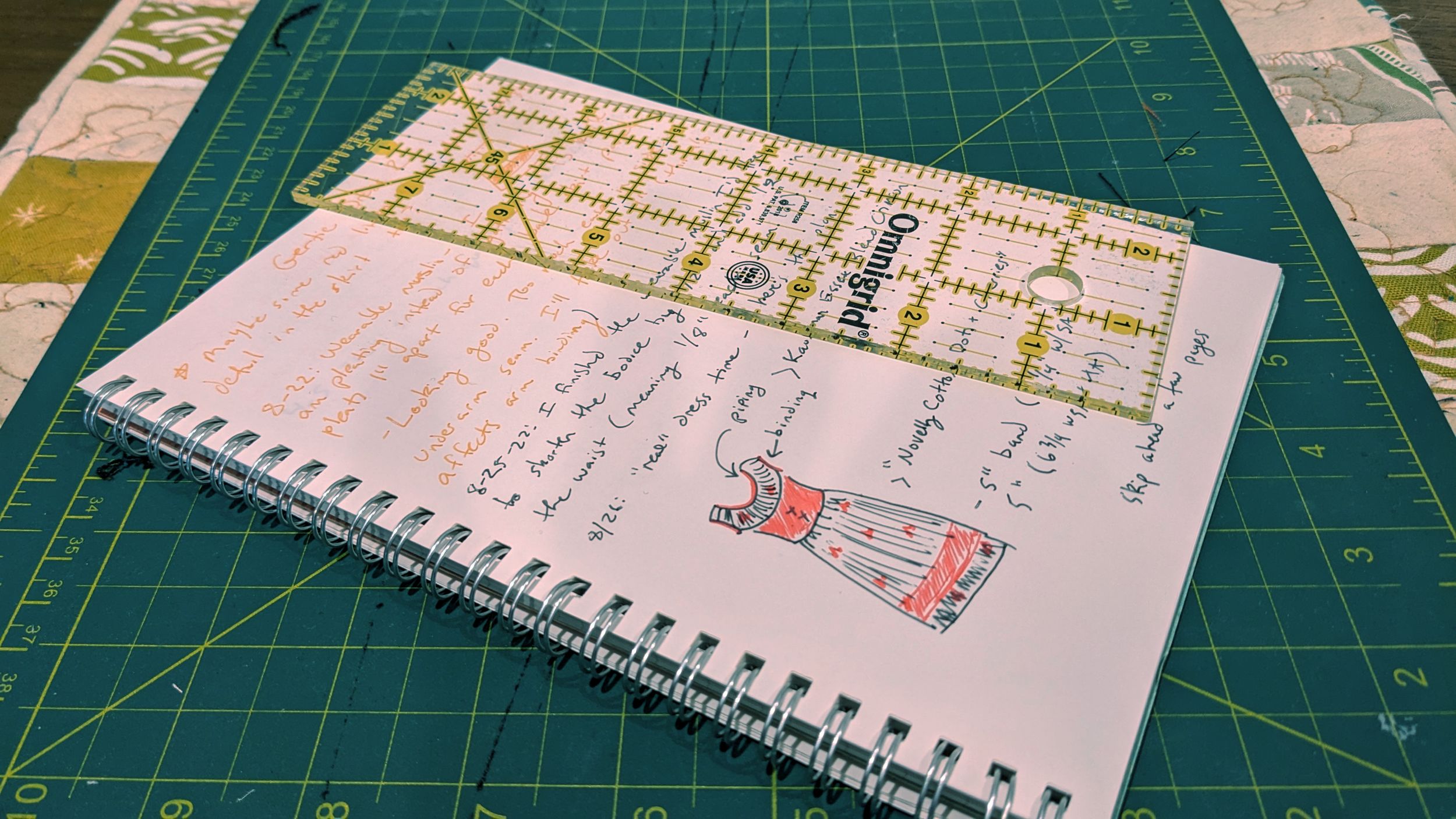The Wrong Reason (and the Right One) to Blog
 I wish I looked this relaxed when I worked on this blog. Photo by Vardan Papikyan on Unsplash
I wish I looked this relaxed when I worked on this blog. Photo by Vardan Papikyan on Unsplash
You should keep a blog.
Yes, you. You introverted developer.
A blog helps you learn in public.
The concept of learning in public is often discussed in tech circles (and rarely, in my experience, outside of tech circles). Popularized by Shawn Wang in 2018, the term basically boils down to: document your learnings.
Doesn’t matter if you document through a blog, podcast, Twitch stream, newsletter, Github gist, whatever – the recommendation is just to do it where people can see. (So for the rest of this post, when I say ‘blog’, feel free to substitute your content type of choice – although I personally find blogging the easiest type of content to create, especially compared to a podcast or video, I realize that is not true for everyone.)
Why should you do this? I’ll tell you why you shouldn’t blog, first, then tell you why you should.
Why you should not blog
You shouldn’t blog because you think you might become a thought leader. Some folks read Learn in Public and decided that they would build a multi-million dollar brand.
Start blogging, the logic goes, and people will notice you and start helping you, because it’s rewarding to watch someone grow in public. You build your brand, because you’re ‘out there’, and eventually people will pay you for your thoughts/opinions/expertise, because you now have a public brand and have established yourself as an expert. Then you will suddenly make a million bucks a year. It’s easy. 🙄🙄🙄
“But I don’t want to become a content creator!” Me neither, buddy.
“But I don’t care about fame and fortune!” I don’t 100% believe you, but it doesn’t matter, because you’re not keeping a blog to become famous.
The reality is, 99% of people who start learning in public are not going to grow a brand that does anything. They are not going to quit their day jobs to become full time content creators.
If you start a blog and this happens to you, please come back and tell me. But for most of us, this is not going to happen. And that’s okay, because that isn’t why you should have a blog. There is a much more important, realistic reason to keep blogging.
I’ve been keeping this blog for just over a year now and I don’t think my “brand” is any larger than when I started, and that is okay. Go back to Wang’s original post. Here’s the part that is often overlooked:
It’s not about reaching as many people as possible with your content. … Chances are that by far the biggest beneficiary of you trying to help past you is future you.
Why you should blog
Look, if we’re in this industry, we’re problem solvers. And eventually we’ll come across a problem that:
- hasn’t been solved
- has been solved, but the solution is out of date
- has been solved but only written solution is aimed at programmers at a different level
- has been solved in a different programming language
- has been solved in a different world language (not everyone speaks English!)
- etc, etc
Documenting your solution, worst case, means that next time you encounter a similar problem, you’ll remember what you did. Because the solution is in your voice, it’ll be easier for you to recall how smart you were. And if you no longer think your solution was smart? You can look back and see how far you’ve come.
Does this documentation need to be public? You could theoretically take notes for yourself in a private notebook, or whatever your productivity app of choice is (I’m currently fond of Obsidian, maybe you do Notion or Evernote).
I have a (private) sewing journal dating back to the pandemic where I track every project I’ve made since then. That journal truly is just for me, as it is full of terrible sketches and notes like “DO NOT SHORTEN THIS HEM. PROCEED AT YOUR OWN PERIL.”
I use it before starting any new project, because I can see how similar projects turned out, any alterations I made to the pattern, how much fabric I ended up using… So much useful information! And yes, it’s private.

But I think this journal is useful in spite of it being private, not because of. So I’m blogging about tech topics in public. (If sewing was my career, I’d probably keep a public sewing journal.)
Writing for “the public,” even if, let’s be real, the public is just me, forces me to be a little more careful, use a little less shorthand. I have to attempt to write complete sentences, complete thoughts, and complete code examples. I think this forces me to be clearer in my own head about what I’m doing and why.
The same applies if you are not blogging but instead making Youtube videos or gists of useful scripts or whatever. A Youtube video that another person might see is going to be more polished than a screen recording you make for yourself and plan to never upload. A code snippet that other people might use is likely cleaner, has documentation or comments, and maybe even has been tested on multiple machines. This effort that you put into making something “publishable” makes you better at this. Even if your only reader/viewer/user is you.
And let’s say that even one other person sees your writeup and learns from it. Congratulations, you’ve contributed to the net amount of good in the universe. Keep it up.
Resources
Should you be inspired to start a blog:
- Medium.com - get started right away with a minimum of fuss.
- Write.as - I haven’t used this one but a lot of tech people like it, and it’s part of the fediverse.
- Jekyll - what this blog uses, so I’m biased. If you pick one of Github Pages’ supported themes publishing on Github Pages is stupid easy; if you don’t, it’s a handful more steps (or you can self-host).
- Hugo - another static site generator; probably trendier now than Jekyll
- I cannot at the moment recommend Wordpress or Substack.